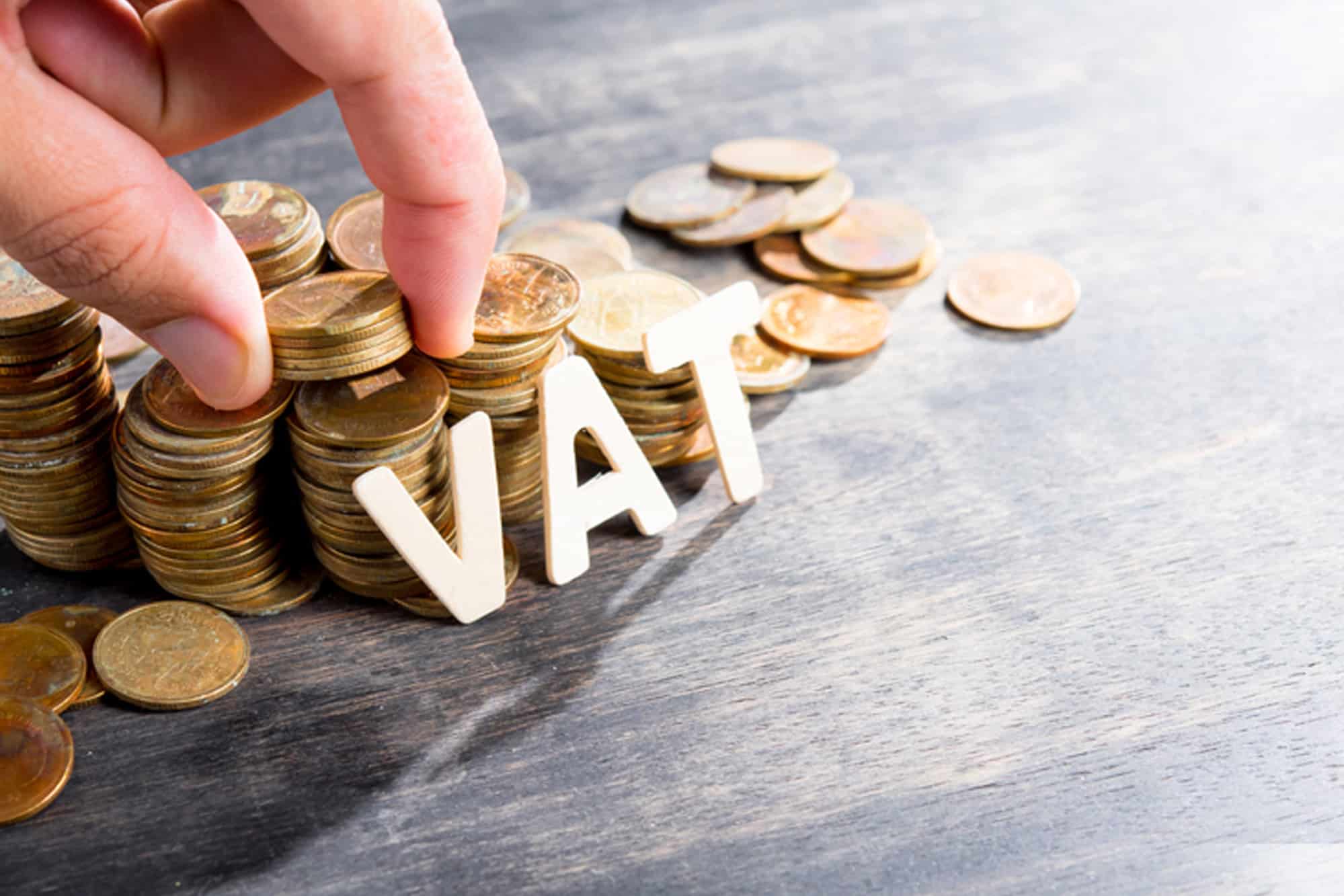Various farmlands and farmhouses in the UAE are used for both business and non-commercial reasons. Aside from agriculture, farms in the UAE are used for multiple reasons, including holiday rentals and staycation destinations. Here is what Farm owners should know about VAT Tax applicability.
But how to charge VAT on such farmhouses and farmlands? Are they exempt or taxable?
Let’s understand the VAT treatment of the farmhouses and farmlands in different cases in the UAE.
VAT Treatment for Farmland
The tax treatment for the farmland in UAE is determined based on its usage and the building or civil works surrounding the land.
When is the Farmland Taxable?
Agriculture land is commercial farmland if it houses buildings or civil engineering works required for farming operations. Commercial farmland will be subject to the standard VAT rate of 5%.
The farmland used for private purposes such as growing crops, etc., will also be charged at 5% VAT if commercial farmhouses or civil engineering works surround it.
When is the Farmland Exempt from UAE VAT?
FTA suggests that the non-commercial farmlands are exempt from VAT. To establish if the land is non-commercial farmland, it must meet the bare land standards.
Bare land is defined as land not covered by any infrastructure or civil engineering works.
VAT Treatment for Farmhouses
Farmhouses that meet the criteria of the residential building are exempt from VAT. Other farm structures that are not primary dwellings will be subject to the usual VAT rate.
This includes farmhouses that are not a person's primary residence. The supply of bare land will be exempt from VAT in the UAE. When a plot of land does not satisfy the concept of bare land, its supply is liable to VAT at 5%.
When is the Farmhouse Exempt from Tax?
VAT is not applicable when the farmhouse is used for residential purposes. However, it should meet the criteria for a residential building as per the UAE VAT law.
According to the VAT Cabinet Decision No. (52) of 2017 on the Executive Regulations of Federal Decree-Law No 8 of 2017, VAT does not apply to a farmhouse if it is a primary residence of a person, provided that the same should not be,
- A building that can be moved or any such movable property.
- Used as a hotel, motel, bed and breakfast, hospital, etc.
- Offering lodging, service apartments, or offering a variety of other amenities.
- Any structure built or changed without legal authorization
When is the Farmhouse Taxed at Zero Rate?
The initial supply of a farmhouse classified as a residential building within three years of completion will be zero-rated. Subsequent supply, such as sales or leases, will be exempt from VAT.
When is the Farmhouse Taxed at the Standard Rate?
If a farmhouse is on agricultural land and does not meet the requirements for a residential building and is a commercial structure, it will attract VAT at the usual rate of 5%.
Conclusion
Farmland is typically called commercial land since it is covered with infrastructure or civil engineering works required to make it operational, such as irrigation systems, roads, utility connections, etc. Each land supply will have to be evaluated on a case-by-case basis to determine whether it is bare land or covered land.
Similarly, farmhouses must also be assessed individually, considering relevant provisions of the UAE VAT law. It would be best to seek a VAT consultant’s services to avoid making errors or misinterpreting the regulations.
We are here to Help
Flyingcolourtax can assist business owners in determining the VAT classification of their farmhouses and farmlands to ensure the right and timely tax compliance.
Our qualified professionals can also help you in accounting, auditing, company registration, company liquidation, and PRO requirements.
Book your free consultationwith us to know more about the comprehensive services.
To learn more about UAE VAT Treatment on Farmhouses and Farmland, book a free consultation with one of the Flyingcolour team advisors.
Disclaimer: The information provided in this blog is based on our understanding of current tax laws and regulations. It is intended for general informational purposes only and does not constitute professional tax advice, consultation, or representation. The author and publisher are not responsible for any errors or omissions, or for any actions taken based on the information contained in this blog.
